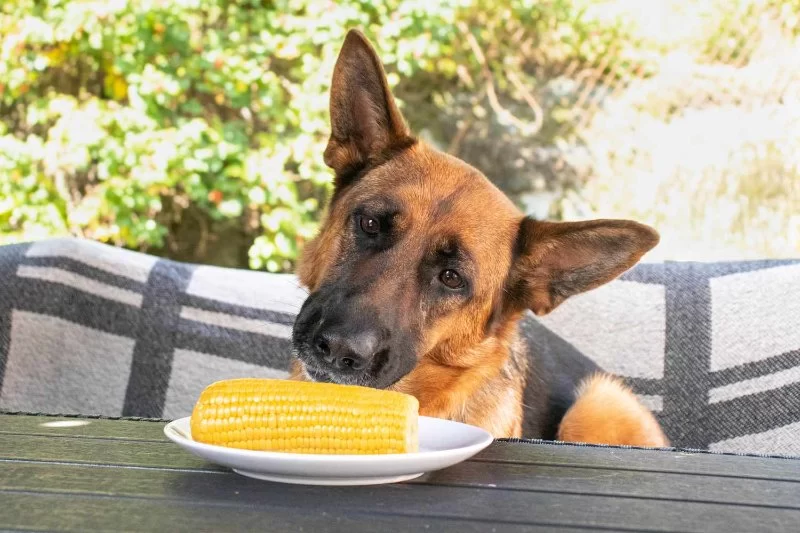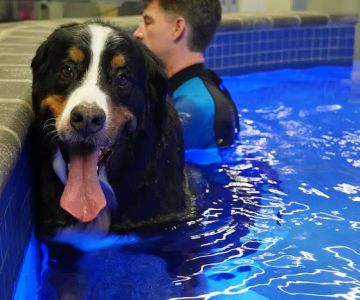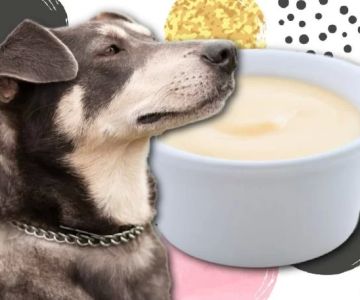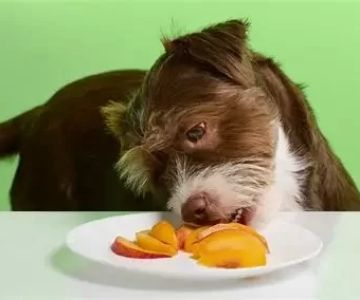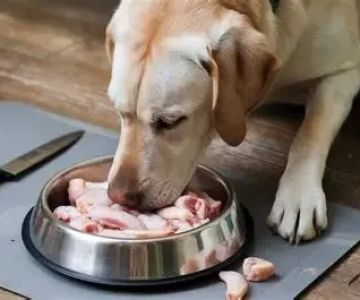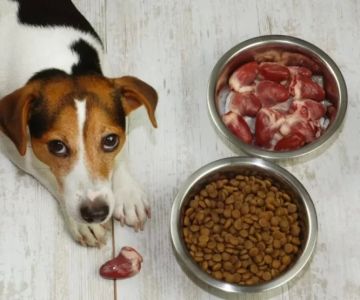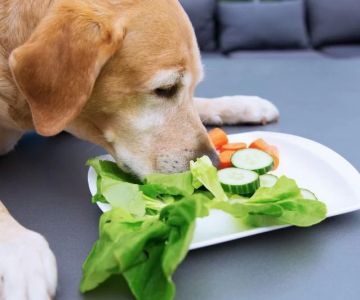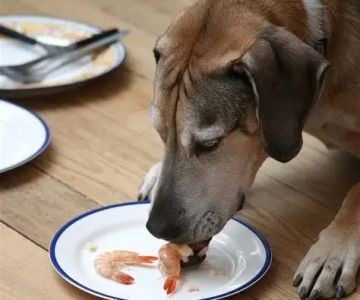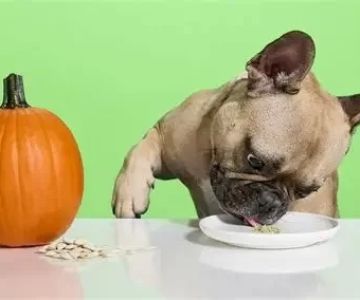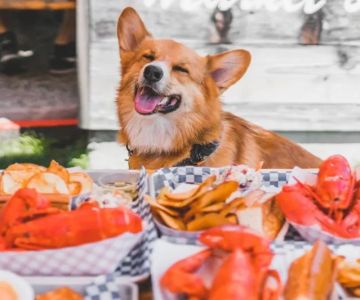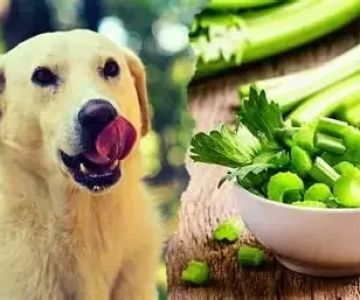- Is Corn on the Cob Safe for Dogs?
- Potential Risks of Feeding Corn on the Cob to Dogs
- Can Dogs Eat Corn Without the Cob?
- How to Feed Corn Safely to Dogs
- Real-Life Example: When a Dog Ate Corn on the Cob
1. Is Corn on the Cob Safe for Dogs?
Corn on the cob might seem like a fun treat to share with your dog during a barbecue or picnic, but is it actually safe for them? The short answer is no — dogs should not eat corn on the cob. While corn kernels themselves are not toxic to dogs and can be a healthy treat in moderation, the cob itself poses serious risks.
The cob can be a choking hazard or cause an intestinal blockage if ingested. Dogs, especially curious puppies, may chew on the cob and accidentally swallow large pieces that get stuck in their digestive tract. This can lead to a variety of health issues, ranging from mild discomfort to severe, life-threatening blockages that require surgery to remove.
In addition, the hard texture of the cob is difficult for dogs to digest. If a dog does manage to swallow a piece of the cob, it can cause pain, vomiting, and in some cases, damage to their intestines.
2. Potential Risks of Feeding Corn on the Cob to Dogs
Feeding corn on the cob to dogs comes with several risks that pet owners should be aware of. These include:
- Choking hazard: The cob is hard and dense, which makes it difficult for dogs to break down. If swallowed whole or in large chunks, it can easily get lodged in their throat, leading to choking.
- Intestinal blockage: Even if a dog manages to chew the cob into smaller pieces, there’s a risk that the hard material will get stuck in their intestines, causing a blockage. This can result in vomiting, abdominal pain, and potentially require surgery.
- Indigestion: Corn cobs are not easy for dogs to digest. Even if the cob doesn’t cause an obstruction, it could lead to gastrointestinal distress, including diarrhea and discomfort.
While corn kernels are generally safe for dogs and can even offer some nutritional benefits, the cob is best avoided to keep your dog safe.
3. Can Dogs Eat Corn Without the Cob?
Yes! Dogs can safely eat corn kernels without the cob. In fact, corn is a common ingredient in many commercial dog foods. It’s rich in carbohydrates, fiber, and essential fatty acids, which can be beneficial for your dog’s overall health.
However, corn should always be fed in moderation. Too much corn can lead to digestive upset, especially if your dog has a sensitive stomach or is prone to weight gain. It's also important to remove the kernels from the cob before feeding them to your dog, as the cob poses a risk, as mentioned above.
If you’re feeding your dog corn, make sure it’s plain, cooked corn without any added butter, salt, or seasoning, as these can be harmful to dogs. Avoid giving your dog corn on the cob, as even the small remnants of the cob can cause serious problems.
4. How to Feed Corn Safely to Dogs
If you’d like to share corn with your dog, here’s how you can do it safely:
- Remove the cob: Always make sure to remove the corn kernels from the cob before offering them to your dog. Never feed your dog corn on the cob.
- Serve in moderation: Give your dog small portions of corn, either as a treat or mixed in with their regular food. Too much corn can lead to digestive issues, so moderation is key.
- Plain and unseasoned: Avoid adding butter, salt, or other seasonings to the corn. These can cause health problems for your dog, including high blood pressure or upset stomach.
- Monitor for allergies: Some dogs may be allergic to corn. If it's your dog's first time eating corn, watch for signs of a food allergy, such as itching, swelling, or gastrointestinal distress.
By following these guidelines, you can safely include corn in your dog’s diet without risking their health.
5. Real-Life Example: When a Dog Ate Corn on the Cob
Meet Max, a playful Golden Retriever who loves to nibble on whatever his owner eats. One day, during a family picnic, Max managed to snatch a leftover corn on the cob from the table. His owner, Sarah, didn’t realize until later that he had eaten part of the cob.
Max started showing signs of distress that evening, including vomiting and refusing food. After a quick trip to the vet, it was determined that he had a partial intestinal blockage from the corn cob. Fortunately, Sarah caught it in time, and with some medical intervention, Max made a full recovery. This experience reinforced the importance of keeping harmful foods like corn on the cob out of reach.
This real-life story serves as a cautionary tale for dog owners. Always be vigilant about what your dog has access to, and make sure to keep foods like corn on the cob away from them.
If you ever find yourself in a situation where your dog eats something potentially harmful, don’t hesitate to contact your veterinarian. At [Hidden Brook Veterinary], we’re here to help with emergency care and offer advice on keeping your dog safe and healthy.

